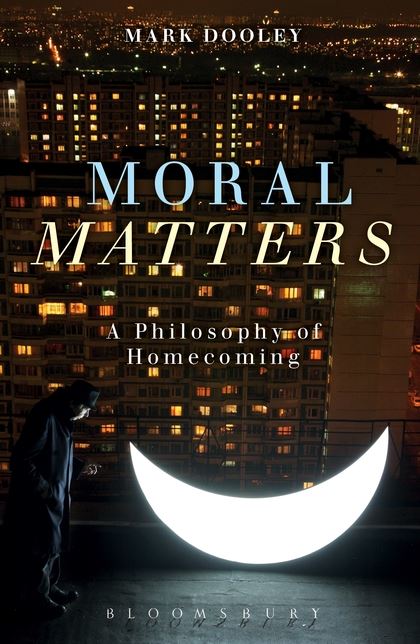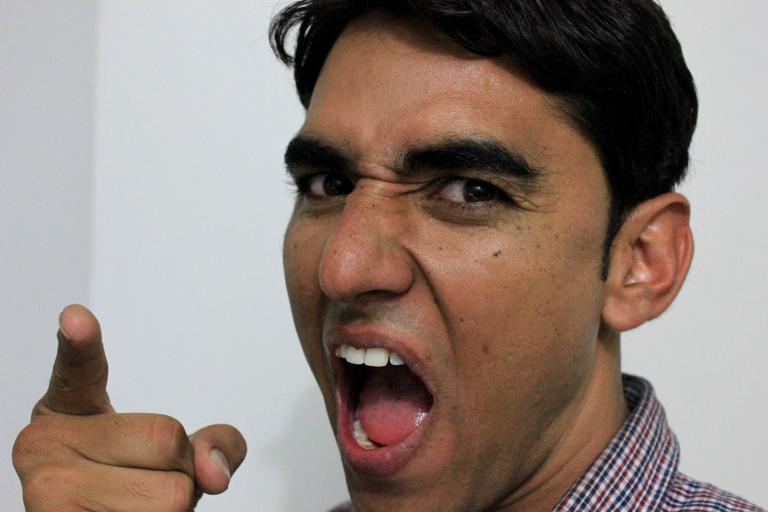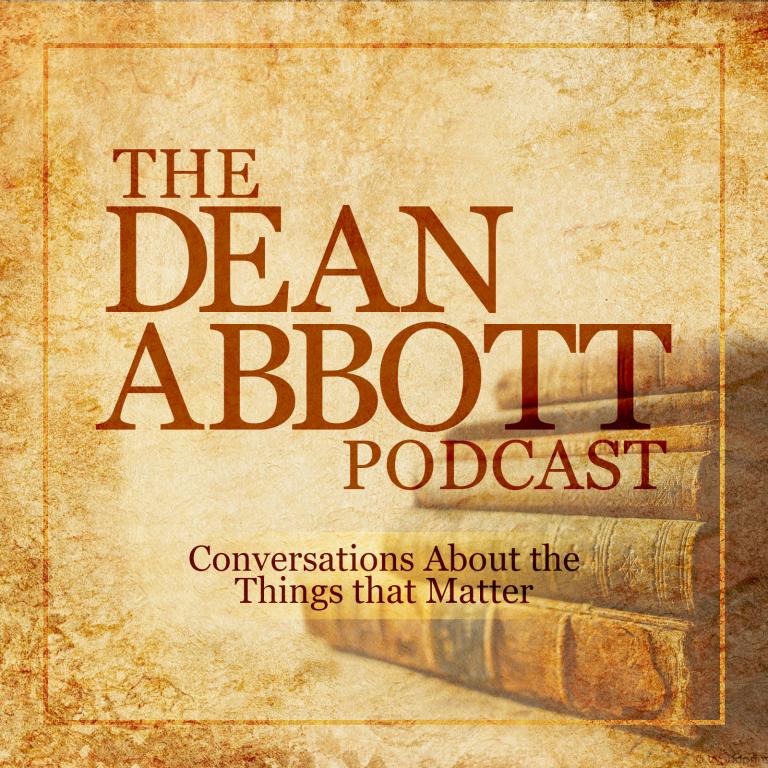 Spiritual and psychological homelessness is a complex condition. Our alienation is mutli-faceted affecting every area of our lives. We are as distant from the material realities of work, family, neighbors and the land as we are from the spiritual realities of faith.
Spiritual and psychological homelessness is a complex condition. Our alienation is mutli-faceted affecting every area of our lives. We are as distant from the material realities of work, family, neighbors and the land as we are from the spiritual realities of faith.
A problem as complicated and pervasive as the homelessness of the modern soul requires a careful and detailed exploration. Irish philosopher and journalist Mark Dooley provides one in his book “Moral Matters: A Philosophy of Homecoming”
Home at the Center
Dooley, following the lead of famed conservative philosopher Roger Scruton, centers his thought on the concept of oikophilia, the love of home. In this detailed examination of modern life, Dooley waxes on the themes of how we became homeless and what must change if we are ever again to locate the nexus of our lives there.
He starts with technology, dubbing our tech-saturated existence and the estrangement from immediate experience it engenders “Cyberia.” But, the boundaries of “Cyberia” enclose more than just smartphones and streaming media. Dooley remarks on subjects as seemingly varied as education, love, gardening, the importance of high culture and religion. What ties all these together is that each plays a pivotal role in establishing a true home for the human spirit.
Over the course of fewer than 200 pages, an undeniably conservative point of view emerges. Dooley’s perspective is conservative in that he is concerned with the primacy of organic relationships over ideologically motivated social planning, and the conservation of attitudes, practices and institutions that allow such relations to flourish and survive across the generations.
A Different Kind of Conservatism
The content might surprise American readers. Popular conservatism in America, marked by a populist hostility to high culture, libertarian economics and radical individualism is foreign to Dooley’s philosophy. In fact, Dooley would likely consider much of what passes as conservatism in America to be just another product of “Cyberia”, a force driving us away from rather than closer to home.
Popular American conservatism has little space for the idea that the maintenance of tradition, family and culture require the curbing of individual ambition and liberty, something Dooley implies if not outright advocates. Additionally, Dooley’s emphasis on caring for the environment as an inherent part of a truly conservative agenda would likely drive batty many American conservatives of the “do-we-really-need-that-species” type.
The irritation this book will cause such conservatives is a major reason they should read it. As a European, a Christian and an academic philosopher, Dooley roots his conservatism in sources more ancient and noble than the idea that everybody has a right to do whatever he wants, the very unconservative basis of much American conservatism. The challenge Dooley’s book presents to American conservatives is bitter but health-giving medicine.
Mark Dooley will be a guest on an upcoming edition of The Dean Abbott Podcast. During the interview, we discuss many of the ideas he’s written about both in “Moral Matters” and his weekly newspaper columns. That interview will make its appearance in a few weeks, and though it certainly has value as a stand alone resource, just like with so many movies, you’ll enjoy it more if you read the book first.











